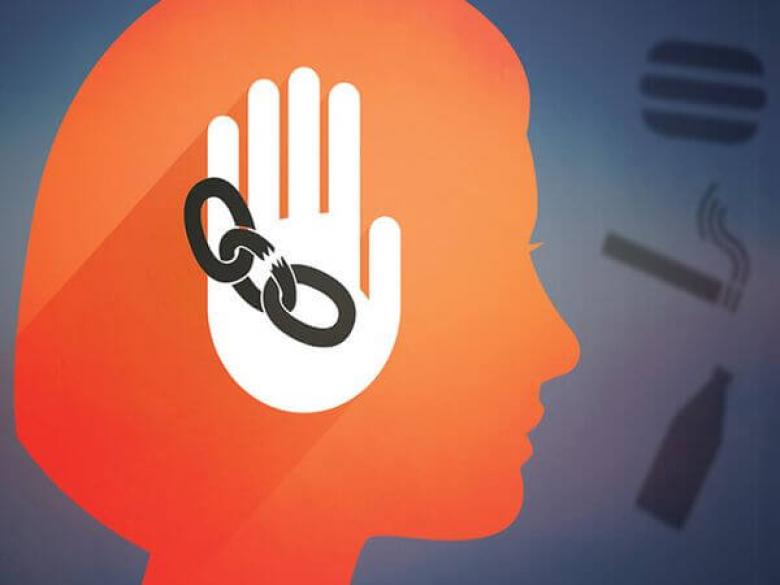
Table of Contents
In addition to economic inequality, the ultimate expression of which is poverty, gender inequality is another major obstacle to human development, which is now inherent in all societies, irrespective of the political system and level of social and economic development. It is manifested in the unequal opportunities for women and men regarding the structure of power, the spheres of education, employment, income, and property.
Gender inequality is one of the manifestations of social and economic differentiation of the population, which determines the different opportunities for self-realization of women and men. Gender is a category that reflects a socially determined format based on biological differences between men and women. It reflects the differences in social roles, behavior, mental characteristics between men and women. It is a social-role status that determines the opportunities for women and men in different spheres of life (education, professional activity, access to power and economic resources, family role, etc.).
Gender inequality is a social rather than a biological reason for differences in the possibilities of people. Gender discrimination is an arbitrary, unjustified restriction of the rights and opportunities of people (both women and men), depending on their gender, which reduces their opportunities in the labor and social sphere. The ideal of gender equality means that women and men should have the same social status, equal conditions for the realization of all human rights, equal opportunities to contribute to national political, economic and social development and to use its results. The manifestation of gender inequality in the social and economic sphere not only contradicts the principles of democracy and the principle of justice regarding equal treatment of a person irrespective of gender, but also has consequences for the welfare and social development of the whole society, since they reduce the possibilities of economic growth on the basis of the effective use of human potential.
Gender Problems of Modern Society
Gender issues in the labor market are determined by the imbalance in access to decent work for women, since women with high educational and professional levels often have to work harder on less prestigious positions requiring lower qualifications, limited career and promotion opportunities.
Limited Time offer!
Get 19% OFF
The less favorable position of women in the labor market is due not only to the functioning of the competitive market mechanism and the presence of direct barriers to employment (narrower professional choices, lack of necessary jobs for them or required qualifications) but is also significantly related to the reproductive activity. As a result, female labor is valued less and women are exposed to indirect obstacles generated by gender stereotypes.
As a result, the average wage of women in recent years did not exceed 70% of the average wage of men. The main reason for the existence of a gender gap in the level of remuneration of workers with the same professional characteristics is occupational segregation, in which women are concentrated in lower-level positions in all sectors of the economy without exception and, as a result, have lower wages. Women's employment is mostly shaped by the positions requiring lower qualifications.





